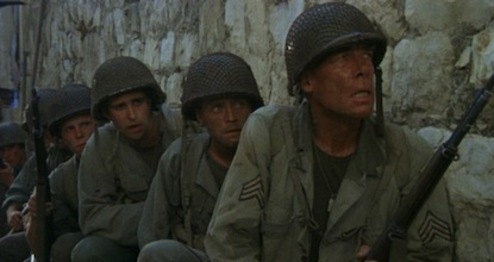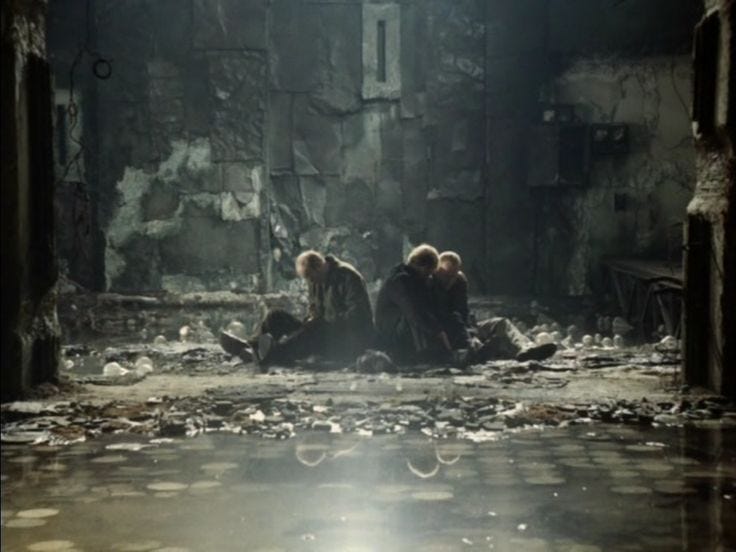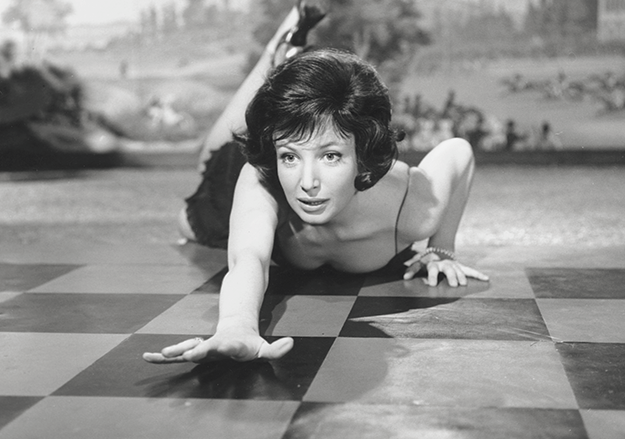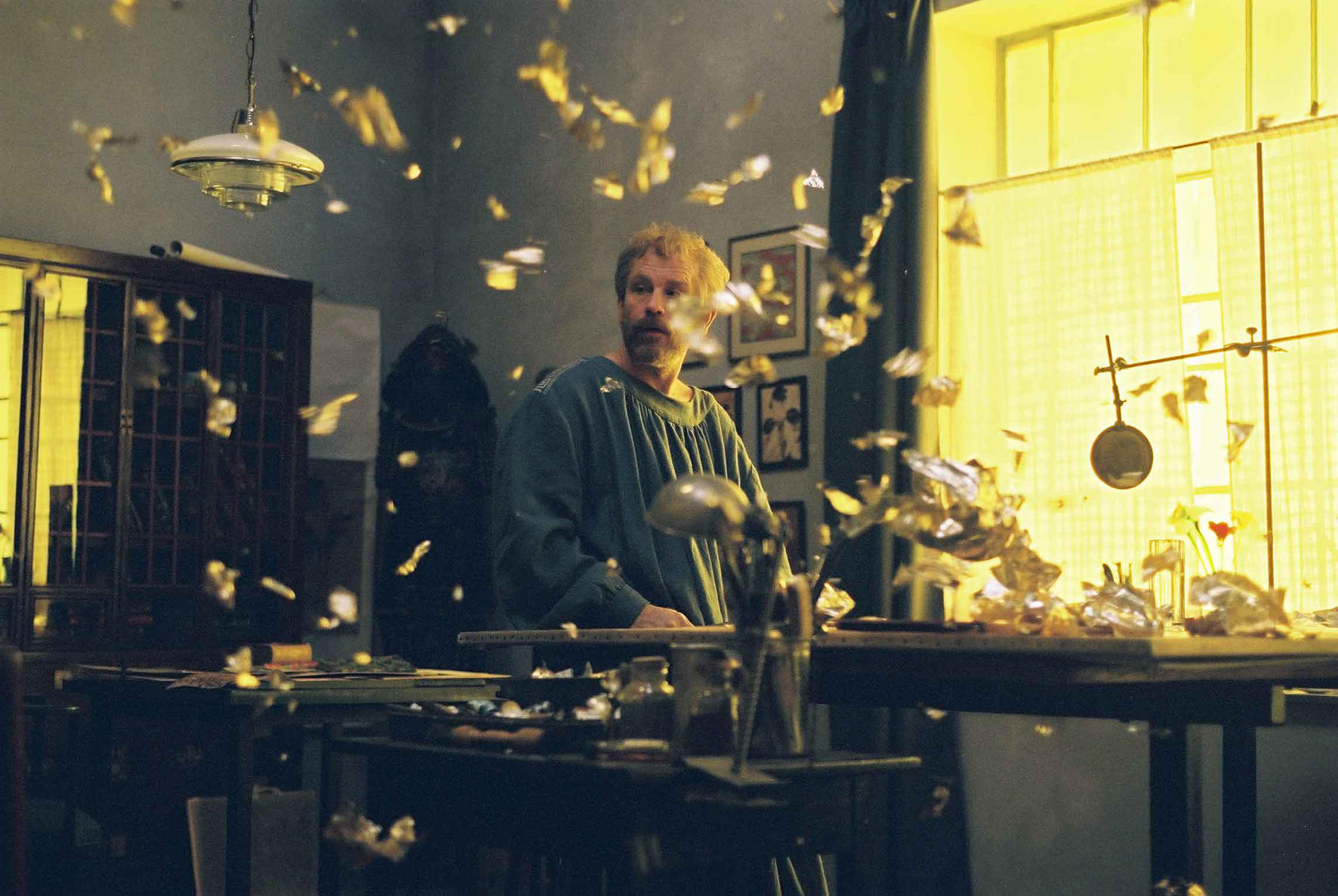I watched The Color Purple about 10 to 15 years ago, and back then, I quite liked it, and I fully understood why it got nominated for so many Academy Awards that year, even though it ultimately went home empty-handed. Recently, it was made available to me for free once again, and while it is not something I wanted to see more than once, I decided to give it a try, just to see if my perspective changed as I grew older. Unfortunately, my opinion of the movie changed for the worst, and I also see why Spielberg's reputation became what it is nowadays.
When I first saw it, I thought it is a very honest adaptation that showed the hardships poor African Americans faced in the South. 10 to 15 years later, I feel that the 80s may not have been the best time to adapt the novel, because the novel featured themes of sexuality, in particular the relationship between Suge and Celie, that would have been hard for the American public to accept, especially from a mainstream Hollywood movie. That is why it is not too explicit, and only hinted at. In a way, that choice can even be seen as brave, and definitely ahead of its time back in the 80s. Unfortunately, with today's perspective in mind, that sense of self-censorship is what dooms the movie, because too many themes seems to be glossed over, and the tone becomes too happy to feel real.
Ultimately, this is Spielberg's main issue in his more serious movies, because as a blockbuster director, he always wants to make that crowd-pleaser, and that limits him, because he never goes far enough, and he will even take things out, or gloss over them, so it fits his narrative better. He will even use manipulative music to stir up emotions in his audience that he wants. Thus, other than themes that means a lot to him so he makes no compromise, his movies always lack the deeper emotional impact that transform the medium into an art form.
I also have a problem with Harpo's portrayal. In this movie, he is often used as comic relief, and the actor who plays him has to do a lot of slap-stick routines. Usually, moments of levity is welcomed, but in this particular movie, it feels very out of place, and in a way, it can even be seen as racist.
Honestly, to be completely fair, for an 80s movie, I think Spielberg did the best he can with the subject matter. Nowadays, however, it is simply a cop-out. I also have a different opinion on Whoopi Goldberg's performance, because while I thought she did a good job back then, it now feel forced and unnatural. I do not think she is a bad actress per say, but she may not have been the best choice to play the main character. She may have been too inexperienced to play the role, because I feel it took all her energy just to suppress her comedic side, and her performance becomes void of emotions in the end.
I will give it 6/10. It really is not a bad movie, but it is so restrained, that it ultimately rings false. This is one work that would have been better if it is made today, given today's current political climate.








